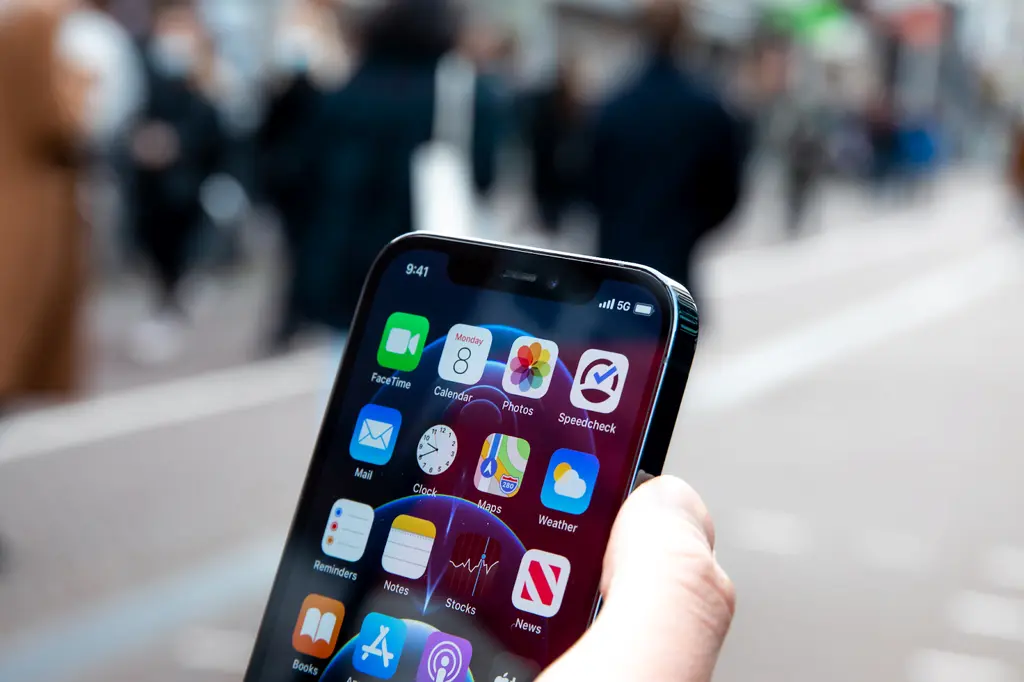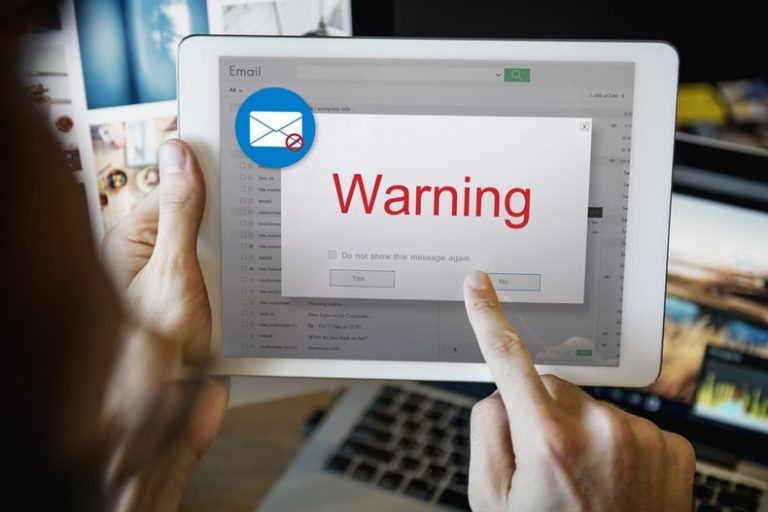Expert Tips on Keeping Your Mobile Data Safe
Mobile devices like smartphones and tablets contain a wealth of our personal information going from photos, messages, and contacts to financial information and location history.
This makes them prime targets for cybercriminals looking to infiltrate our private lives. With mobile threats on the rise, it’s crucial to take steps to keep this information secure and out of the hands of hackers.
In this article, we’ll explore expert tips from leading cybersecurity specialists on how to protect your mobile data from unauthorized access and malicious attacks.
Use Antivirus and Firewall Apps

One of the first lines of defense for your mobile device is a top-notch antivirus app. Antivirus software monitors device activity to detect and block malicious software including spyware, ransomware, viruses, and more. The best antivirus apps nowadays use advanced AI to identify emerging threats.
Some of these apps also provide an additional layer of security by allowing the user to control network traffic flow via a sophisticated firewall solution to prevent unauthorized access.
Always keep these apps updated to ensure that they have the latest algorithms and definitions to recognize new strains of malicious software. Perform regular full scans of your device to detect dormant infections and enable auto-update options so your antivirus and firewall stay current.
Set Strong Passwords and Passcodes
Using weak or repeated passwords is one of the easiest ways for hackers to break into your accounts and devices. Cybersecurity experts recommend establishing unique and complex passcodes for all mobile logins.
Mix random words with uppercase letters, symbols, and numbers to create hard-to-guess passwords. Enable fingerprint, face recognition, or iris scanning if your device supports biometric passcode options for convenience.
It is also possible to utilize password manager apps to securely generate and store login credentials. Create different complex passwords for every account and change them every 60-90 days for maximum protection.
Pro Tip: Change Default Passwords and Logins
When you first get a new phone or download an app, don’t use the default password or access code it came with. Immediately change these default passwords to more robust versions either generated by a password manager or created by yourself by using complex characters and combinations.
Keep Your Phone’s Operating System and Apps Updated
Hackers exploit weaknesses in operating systems and apps to break into devices. Hence, installing the latest updates for your phone’s operating system is critical. Mobile OS developers like Apple and Google release regular security patches to keep their devices protected from being exploited by bad actors.
Enable automatic updates on your device when available to install these as soon as they come out. In addition, you can update all of your apps frequently as well to get the latest protections from software developers.
If auto-updates are not turned on, manually install updates for your OS, antivirus, apps, and any other software when notifications appear. Avoid using older versions of apps that may have known vulnerabilities.
Pro Tip: Remove Unused Apps and Features
Limit your vulnerabilities by deleting any unused apps and disabling unneeded features on your device. The more apps and services remain active and running, the more access points a hacker has to infiltrate your system. Routinely remove apps that are not in use and turn off any extra tools or features that your mobile device offers like Bluetooth, infrared, WiFi hotspot, near-field communication (NFC), and remote access if you are not using them at the time.
Use Secure Internet Connections
Take appropriate steps to ensure that your data is encrypted when it is transferred over networks. Virtual Private Networks (VPNs) like the ones that come with some security antivirus apps, provide private encrypted tunnels for your internet traffic, to keep your information when you use public WiFi networks.
Enable a VPN connection on your mobile device for all internet access to safely route data away from prying eyes. VPNs also mask your IP address and location. Additionally, when visiting websites make sure these sites have HTTPS enabled as indicated by the lock icon displayed right next to the site’s address.
Avoid non-secure HTTP sites as well as public WiFi networks without a VPN, as these expose your web activity and information to hackers.
Pro Tip: Avoid Suspicious Links and Files
Exercise caution when receiving random links through messages, emails, and downloads to avoid infecting your device with malware. Don’t open files or click on links from unknown sources or suspicious-looking correspondence. Use appropriate channels like vetted mobile marketplaces when you download new apps and files to make sure these do not harbor viruses or spyware.
Wrapping up
Keeping your mobile data secure requires proactive measures and vigilance. By implementing comprehensive antivirus protections, complex passcodes, routine software updates, VPN encrypted connections, and prudent practices regarding web use and downloads you can keep your phone’s information off the hands of bad actors.






